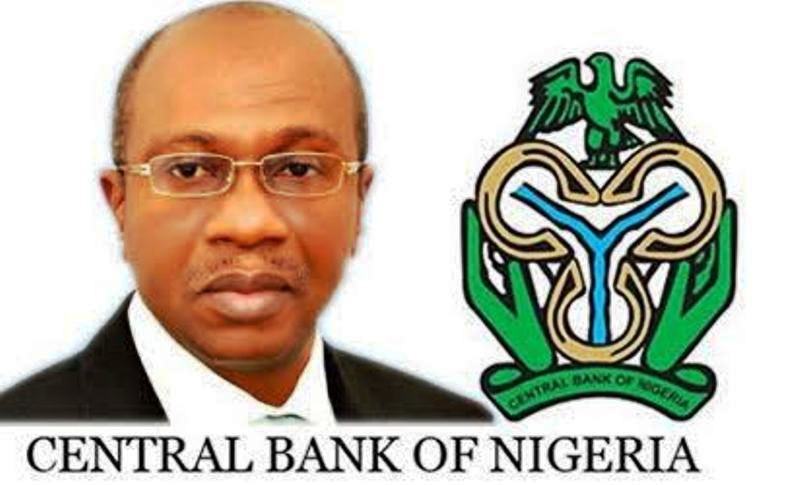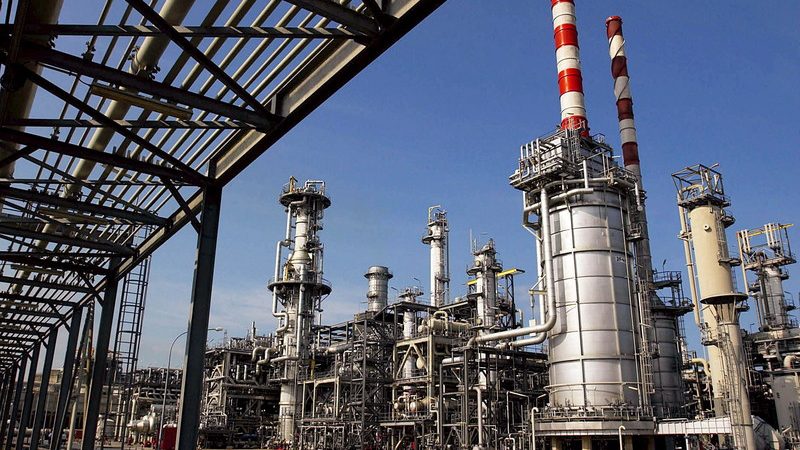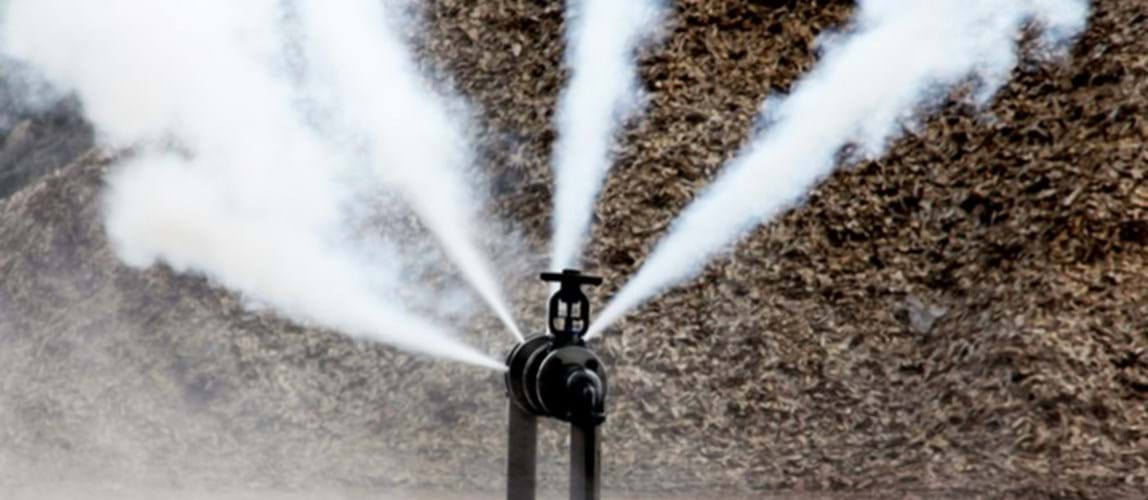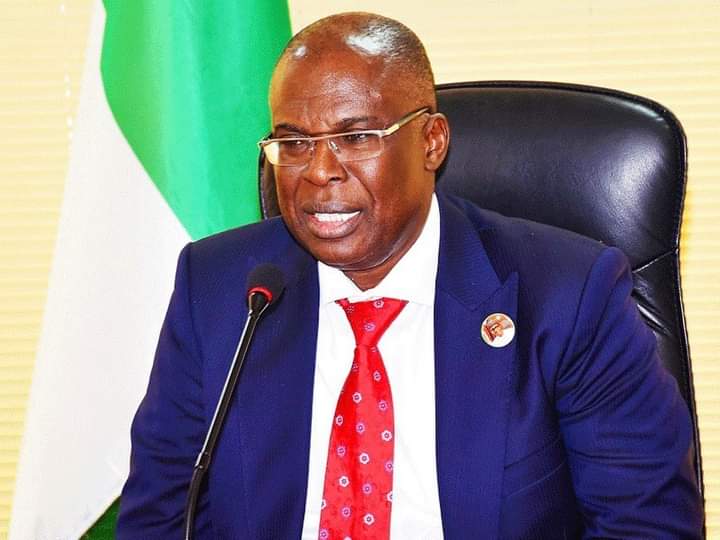Chief Timipre Sylva, Minister of State for Petroleum Resources, has attributed the inability of Nigeria to meet the Organisation of Petroleum Exporting Countries (OPEC) quota to a lack of investments in the oil and gas sector.
Nigeria’s OPEC quota is pegged at 1.8 million barrels per day (bpd) but in the last few years, the country has struggled between 1.3 and 1.4 million bpd.
Sylva, according to a statement by his Senior Adviser (Media and Communications) Horatius Egua, on Wednesda, spoke at a ministerial plenary, at the ongoing Ceraweek, in Houston, Texas.
He said the speed with which international oil companies and other investors were withdrawing investments in hydrocarbon exploitation had contributed significantly to Nigeria’s inability to meet OPEC target.
According to Sylva, the rate at which investments were taken away was too fast.
“Lack of investment in the oil and gas sector contributed to Nigeria’s inability to meet OPEC quota. We are not able to get the needed investments to develop the sector and that affected us,” he added.
He also cited security challenges as another major factor that contributed to the lack of significant growth of the sector.
The minister added that the drive towards renewable energy by climate enthusiasts had discouraged funding for the sector.
Sylva, however, called for a change of attitude, stressing that in decades to come, hydrocarbon would continue to play a central role in meeting the energy needs of the world.
The minister, who is an advocate of gas as a transition fuel for Africa, said although Nigeria was in full support of the energy transition, the country, and the African continent, should be allowed to develop at its own pace.
This, he said, would enable the continent to be able to meet the energy needs of the over 600 million people who have no access to any form of power in Africa.
“There are about 600 million people in Africa without access to power, and of that number, the majority live in Nigeria.
“And of the over 900 million people without access to power in the world, the majority live in Africa. So how do we provide access to power for these people if you say we should not produce gas?
“We believe that gas is the way to go. We believe that gas is the way forward and the one access to power. For the energy transition programme to be taken seriously we need to have an inclusive energy transition programme.
“We believe in energy transition but we as Africans have our own peculiar problems and we are saying that our energy transition should be focused on gas to bridge the energy gap.
“This is what we have been saying. We need a just and equitable energy transition programme,” Sylva stated.
He maintained that Nigeria was not in any way against any transition programme but urged promotion of renewable energy as the only path to energy transition to give the less fortunate countries the opportunity to achieve energy sufficiency before doing away with fossil fuel.
“As Africans, we are saying that we must be allowed to transit through gas. We cannot achieve one energy base load through renewable alone.
“The rest of the world must listen to us. We are happy that our point of view is being taken,” he said.








